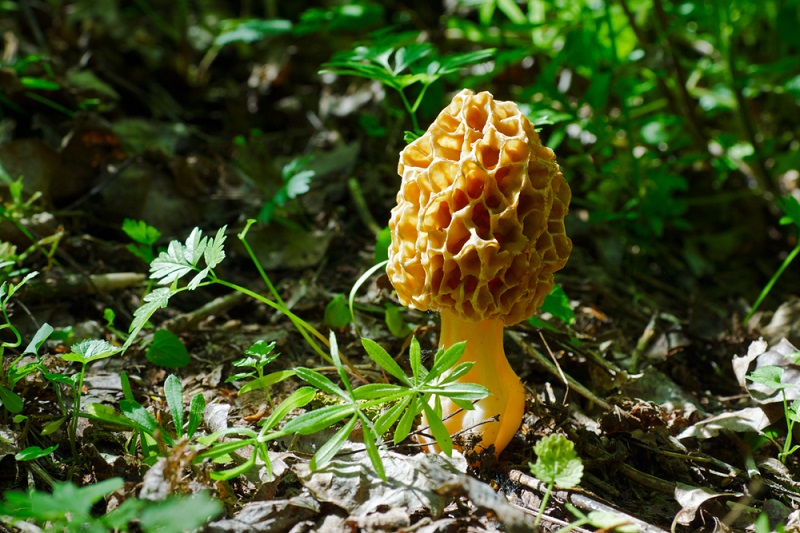
A Woman Died After Reportedly Eating Prized Mushrooms at Fancy Restaurant in Spain

A woman has died and more than two dozen others are ill after eating at a Michelin-starred restaurant in Spain, according to news reports.
The reason for the illnesses is still being investigated. However, it is being reported that the woman ate a dish containing Morchella mushrooms, or true morels, which can be poisonous if not properly cooked, The Telegraph reported.
The 46-year-old woman developed symptoms of food poisoning, including vomiting and diarrhea, after eating at the Riff restaurant in Valencia, Spain, and died on Sunday (Feb. 17), according to The Guardian. Her husband and son also developed symptoms and are still recovering.
Health authorities have so far identified 29 people who developed food poisoning after eating at the restaurant between Feb. 13 and 16. Most of the cases were relatively mild, with the exception of the one death, The Guardian reported.
Morchella mushrooms are thought to contain the toxin hydrazine, which is destroyed by cooking, The Independent reported. Similar-looking species of mushrooms, known as false morels, can be lethal.
An inspection of the restaurant on Feb. 18 did not find any obvious reasons for the food poisonings, but food samples from the menu are still being tested, The Guardian reported.
The restaurant is currently closed during the investigation.
Sign up for the Live Science daily newsletter now
Get the world’s most fascinating discoveries delivered straight to your inbox.
- Top 7 Germs in Food that Make You Sick
- 11 Odd Facts About 'Magic' Mushrooms
- 7 Foods You Can Overdose On
Originally published on Live Science.

Rachael is a Live Science contributor, and was a former channel editor and senior writer for Live Science between 2010 and 2022. She has a master's degree in journalism from New York University's Science, Health and Environmental Reporting Program. She also holds a B.S. in molecular biology and an M.S. in biology from the University of California, San Diego. Her work has appeared in Scienceline, The Washington Post and Scientific American.










